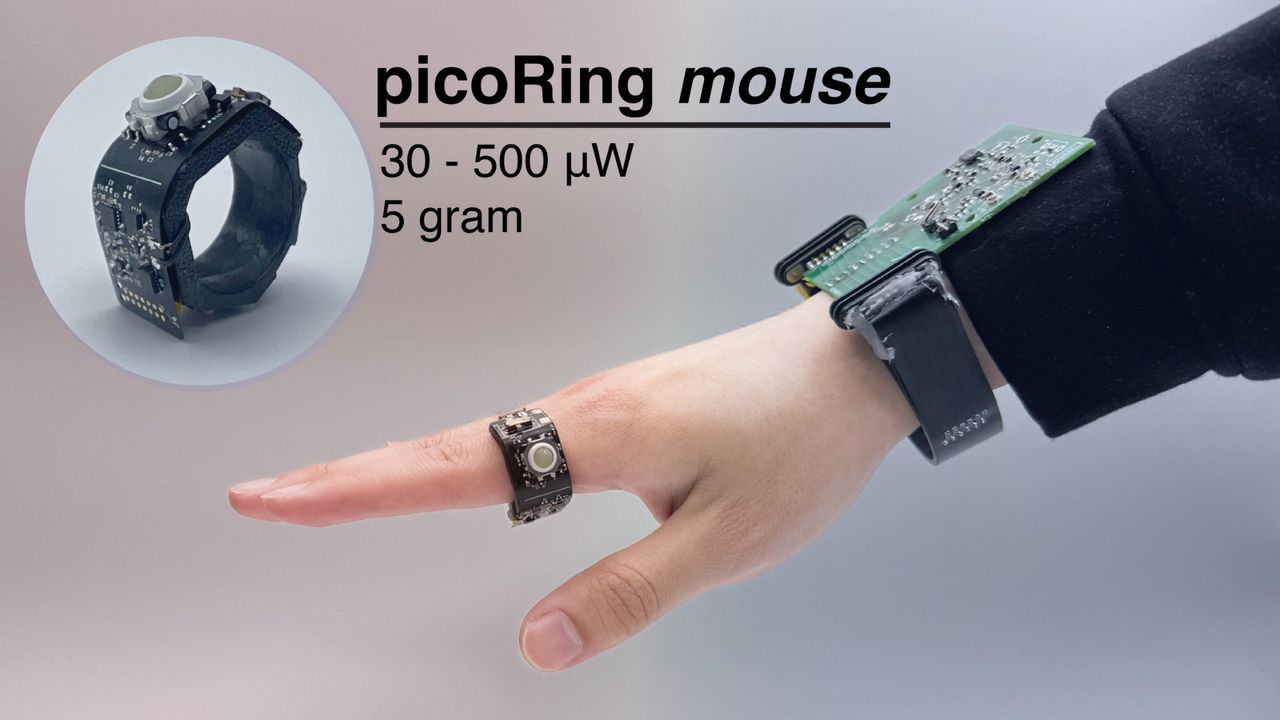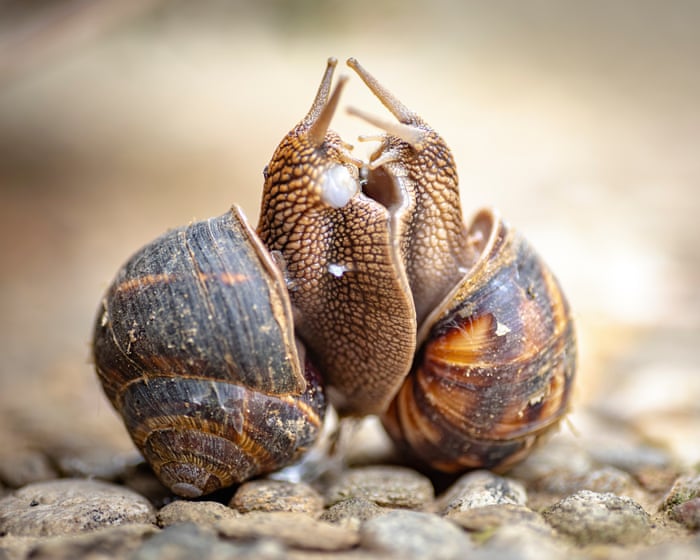New smart ring is a novel way to control your computer — it has the humble mouse firmly in its sights
PositiveScience

The new picoRing smart ring is revolutionizing how we interact with our computers by replacing traditional Bluetooth technology with an innovative magnetic relay system. This not only enhances user experience but also significantly reduces power consumption to just microwatts, making it an eco-friendly option. As we move towards more sustainable tech solutions, the picoRing stands out as a promising device that could redefine our daily computing tasks.
— Curated by the World Pulse Now AI Editorial System





